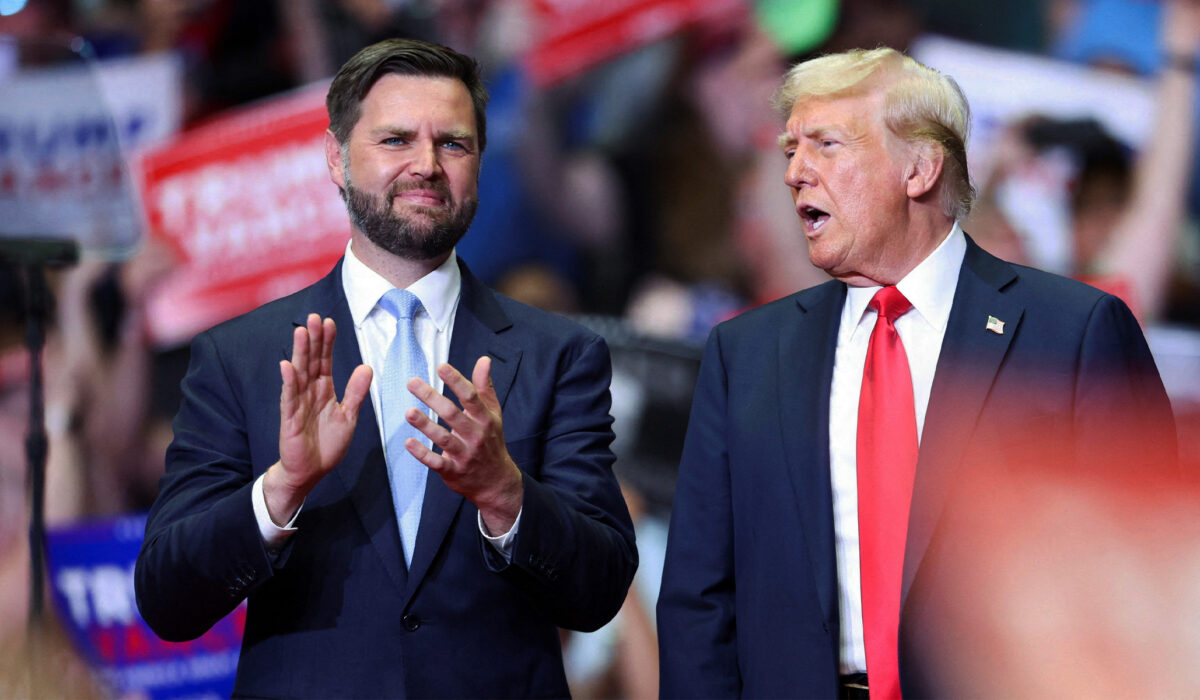The Limits of a Purer Buchananism in 2028
The idea that another candidate can win in 2028 with a purer version of Buchananism ignores the president’s actual appeal. That appeal is not just ideology; it is a combination of delivery, results, and a broad coalition that reaches beyond any single doctrinal label. Conservatives who want to win need to understand what attracts voters, not just what satisfies purists.
Pat Buchanan’s brand of conservatism sharpened the debate on trade, immigration, and cultural identity, and it influenced a lot of grassroots energy. But elections are about persuading the median voter and assembling durable coalitions in diverse states. Aiming only for ideological purity risks shrinking the map and handing advantage to a more adaptable opponent.
The president’s appeal rests on tangible themes voters recognize: economic growth, tough talk on competitors, and a sense of disruption against the establishment. Those themes can be wrapped in different rhetorical styles without losing their political effectiveness. Republicans should keep the core but be smart about messaging and alliances.
Policy wins matter as much as slogans. Voters reward results they can feel in paychecks, jobs, and national confidence, and they notice when promises turn into action. Any contender who thinks a purer Buchananism alone will overcome that record is misreading how people vote when their daily lives improve.
Cultural messaging is important, but it must connect to solutions people can live with. Strong conservative cultural positions can mobilize the base, but successful campaigns translate those positions into policies that protect liberties and improve opportunities. The aim should be to broaden appeal without betraying core principles.
Electoral strategy is not theological debate. It involves demographics, turnout, and the mechanics of modern campaigning, which include digital outreach, coalition-building, and ground operations. A campaign anchored purely in nostalgia for earlier movements will struggle against an opponent who can match populist instincts with practical execution.
Republican voters have always been diverse in priorities, from national security hawks to free-market purists and blue-collar protectionists. The winning coalition blends those strands into a message that feels both principled and pragmatic. Candidates who insist on a single-minded doctrine risk alienating parts of that coalition.
Leadership style matters. The president’s strengths include a knack for commanding attention and framing debates in terms voters understand. A successful challenger must replicate that clarity and presence while offering a distinct, credible agenda that voters believe will produce better outcomes.
Practical policy proposals should be front and center: tax relief tied to wage growth, trade protection that fosters domestic manufacturing, secure borders enforced with smart technology, and a foreign policy that deters rivals. These are conservative priorities that also speak to everyday security and prosperity, which wins elections more reliably than abstract purity tests.
Messaging should be sharp, but also adaptable across regions and communities. In some places, economic populism will land best; in others, law and order or national pride will resonate more. The campaign that reads those signals and tailors its message will outperform one that repeats ideological dogma in every county.
Republicans aiming for 2028 should borrow the best lessons from Buchananism—patience on culture, conviction on trade, and skepticism of harmful globalism—while building a broader, results-oriented pitch. The political future belongs to those who combine conviction with outreach and concrete wins, not to those who mistake purity for electability.

